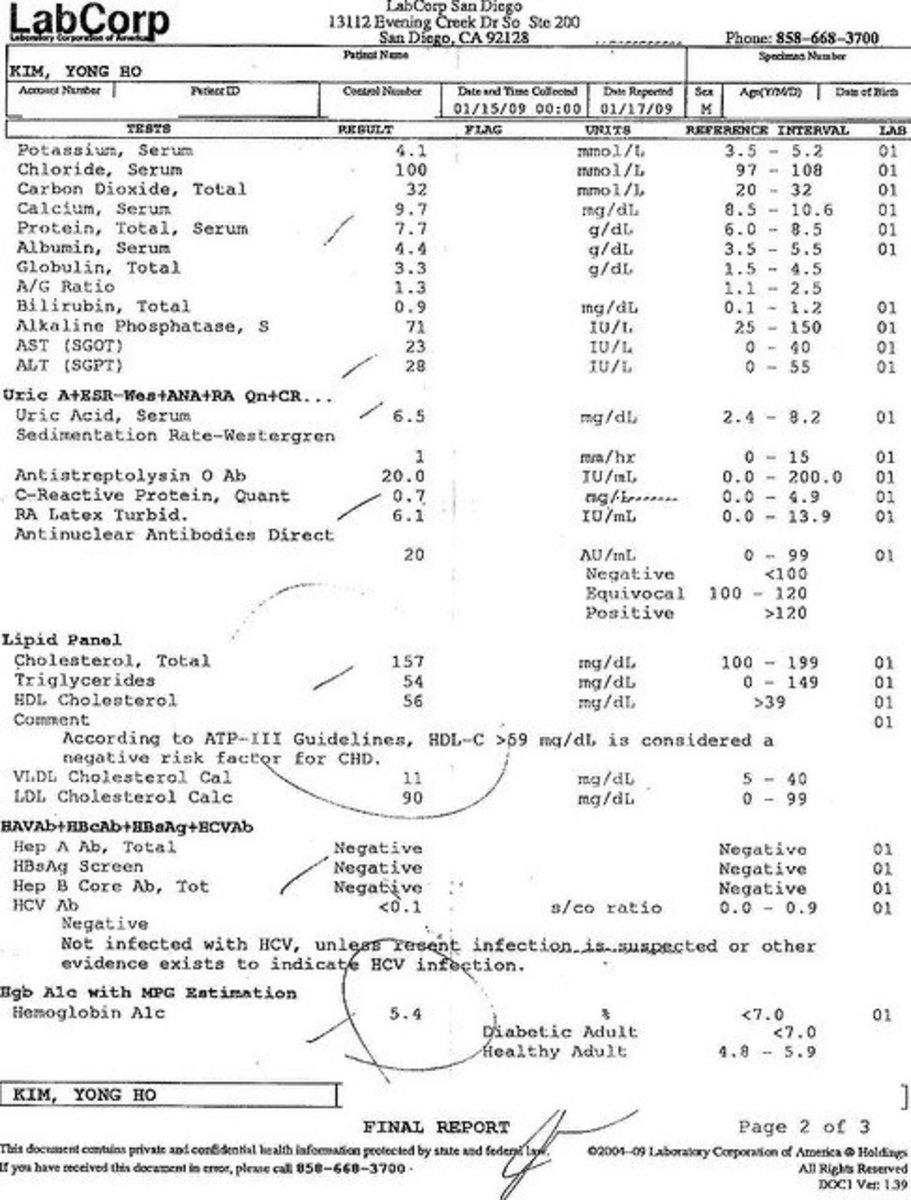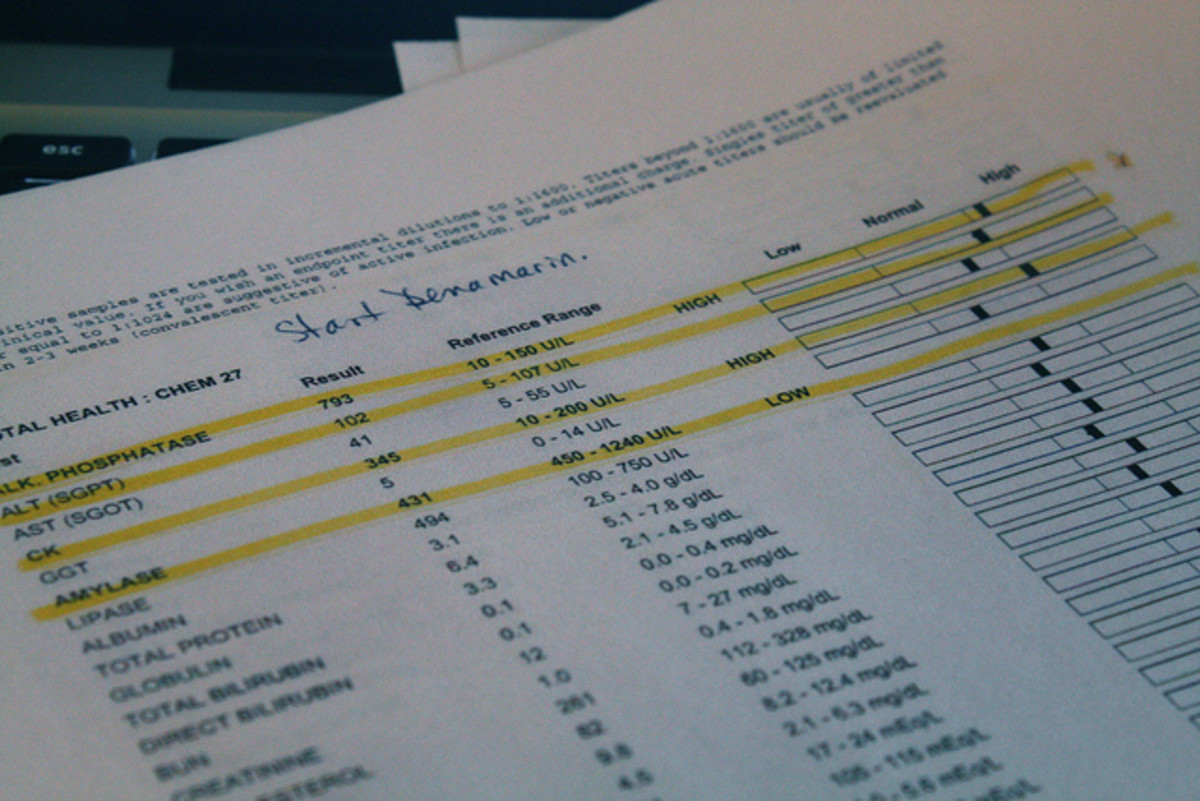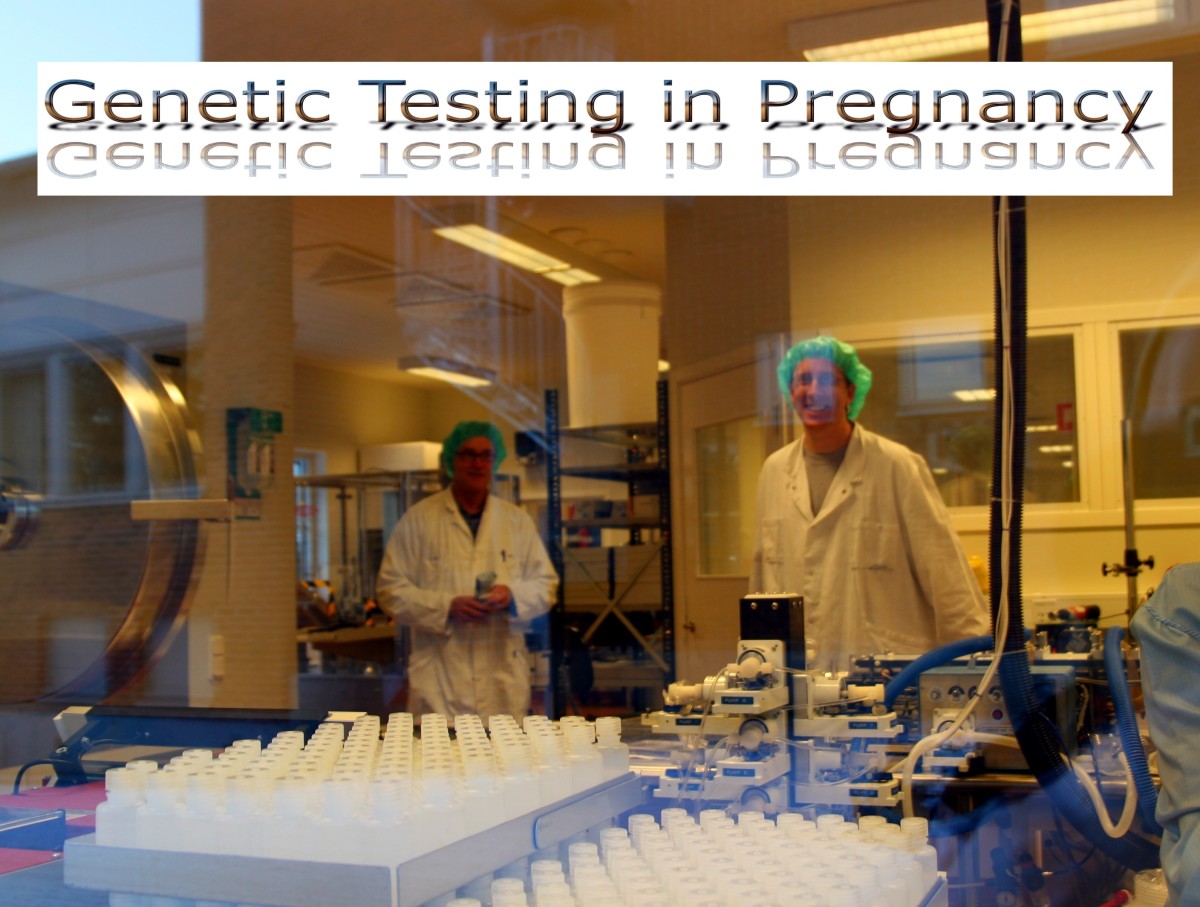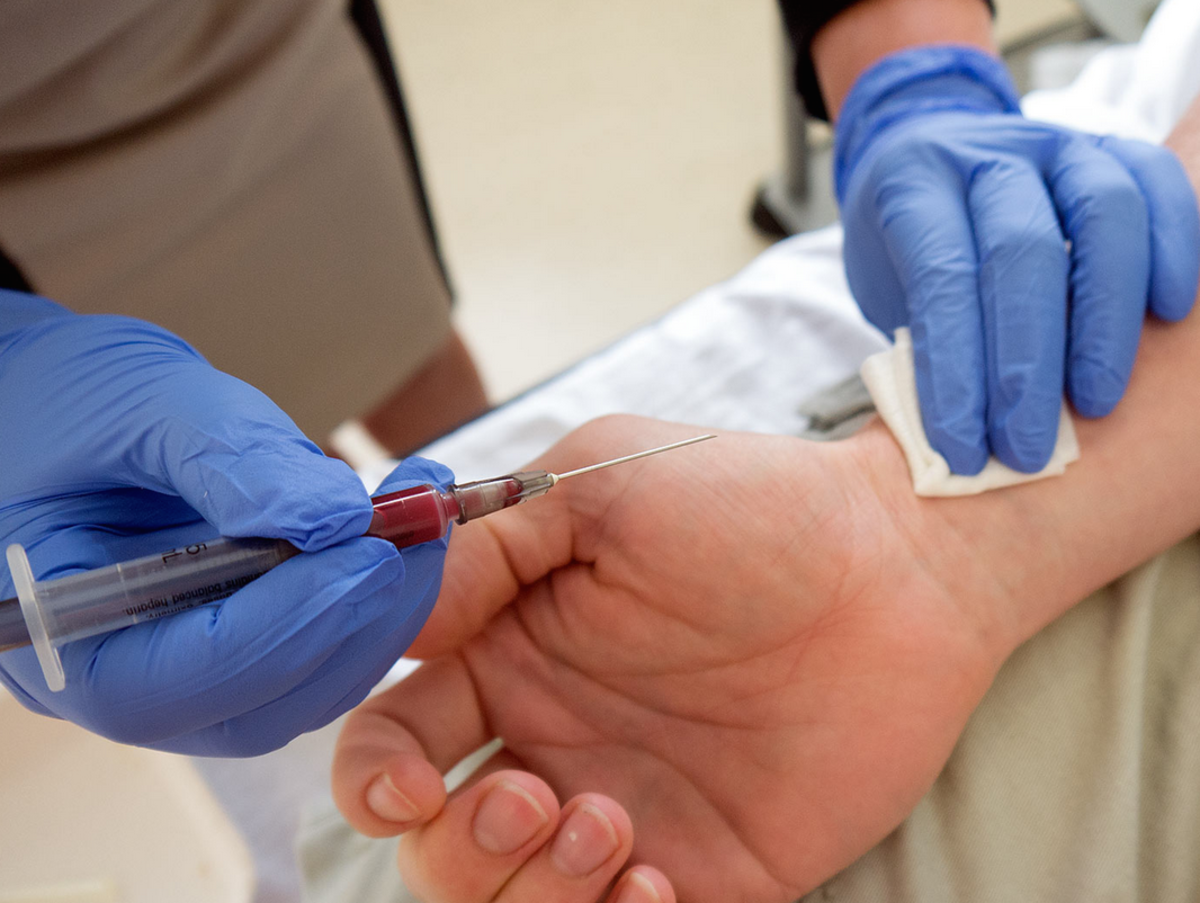Medical Diagnostic Tests: The information that could help save your time before the visit.
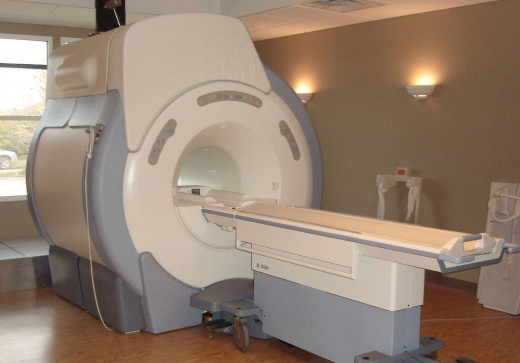
Before we Begin Diagnostic Understandings
How well do you know the Diagnostic Tools used in the Medical Field
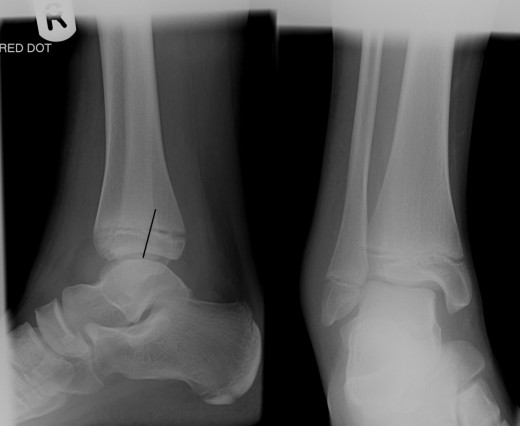
Introduction to Diagnostic Tests
Have you ever wondered about the various machine tests that a hospital will order, depending on your symptoms and factors that would deem these tests necessary to diagnose your possible prognosis. This article will seek to fully analyze each machine, giving a description of why and how each one works.
Some are odd, just as some may give you feelings of claustrophobia or inject chemicals to help in the machines effectiveness. Remember that it takes more than just a machine to make a diagnosis, but in the end, every type of workup will indefinitely bring you one step closer to your results that you may or may not have been wishing for.
What are X-Rays?
X-Rays, or a form of electromagnetic radiation, is a useful tool very commonly used in the medical field. It is important to note that hospital built machines emit a singular form of electrons, while other regular sun type gamma rays emit with the whole of the atomic nucleus. Also, on the spectrum of X-Rays, hospital settings use a form of it called a "Hard X-Ray" or one that is used in such tests as a mammography, or the basic radiography of various parts of the body without contrasts. To give medical reasoning behind what a radiography looks for, here is a list, as follows:
*Radiography List*
- Broken or fractured Bones
- Soft Tissue damage or Disease of the soft tissue itself
- Lung Cancers
- Abdominal Obstructions
- Gall Bladder Stones
*To note, these are just a few of many different radiograph testing findings*
Defining Radiography through Student Outlooks
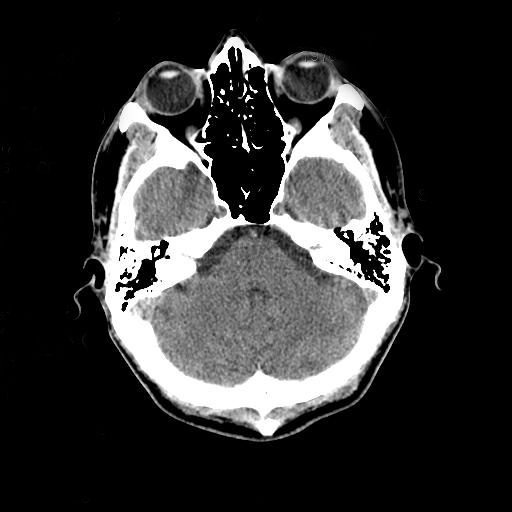
What is CT-Imaging?
CT-Scans, or X-Ray Computed Tomography is the process of digitally slicing using digital geometry imaging to look inside someone without invasive surgery. Other older terminology to determine the same type of imaging is called a CAT Scan, or Computed Axial Tomography. In various settings, the type of diagnostic imaging uses a very detailed all around view of your body to detail various cross-sectional imaging to determine soft tissue damage that could not be seen by a regular Radiography X-ray.
In most cases, this type of test is used to find more blood related trauma or abnormalities that could be associated with Car Accidents, blunt trauma, or more diversified cardiovascular issues. In cases concerning the lungs, veins, or areas around the heart, a form of iodine solution is used to essentially light up the pressure differences around where the problem may lay.
Here is a list of possible uses associated with a CT-Scan, and why this test is so important:
*CT-Imaging Uses*
- To Determine Cardiovascular disorders
- Liver Functions
- Lung Function
- Pulmonary Embolisms
- Cancer Developments in the Body
- Detect Certain Infections, Tumors, or Blood Clots (DVT's)
- Internal Bleeding or particular ventricular functions within the brain or body.
*There are much more uses, these are just a few*
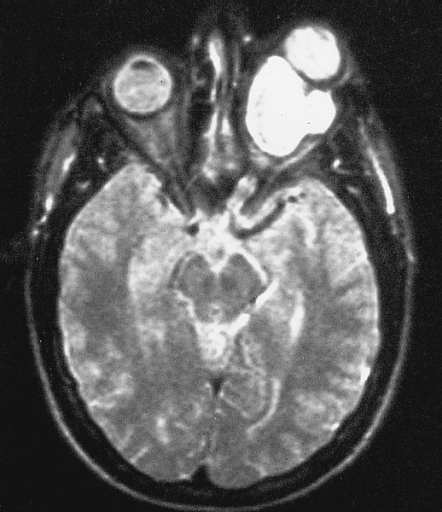
MRI: Magnetic Resonance Imaging
An MRI, or a Magnetic Resonance Imaging Diagnostic tool can be very important in the medical field. Although a CT-Scan and a MRI might look similar in appearance, both have different objectives. Our body is comprised of 75% Hydrogen Ions, and when distinguishing nuclei and re-balancing the protons, the specialist can find out much of the muscular structures of your body. Using a very large rotating magnet and various radio waves, a MRI specialist can find out various problems dealing with your spinal cord and brain, to torn ligaments.
The machine itself is very, very loud and those with claustrophobic tendencies may be asked to wear earplugs or listen to their favorite song while going through this very lengthy diagnostic test. During this test, it is also really important to let the specialist know if you have pacemakers, metals in your body, or jewelry and watches that could cause a very violent reaction with the machine. You could find a necklace hanging from the machine's outer surface, spinning around with the magnet. In some cases regarding the brain, various contrast may be used to define cerebral or other inner brain patterns and irregularities that could be found while the scan is in use.
Here is a list of the various issues that this diagnostic tool helps to test and look for:
*MRI (Magnetic Resonance Imaging) Diagnostics*
- Joint Problems
- Torn Ligaments such as a ACL or MCL tear in your knee
- Abdominal Obstructions
- Bulging disc or other Spinal Issues
- It is vital in diagnosing Dementia or a decrease or increase in grey and white matter within the brain.
- Oncology (Cancer of the Rectal or Prostate Areas)
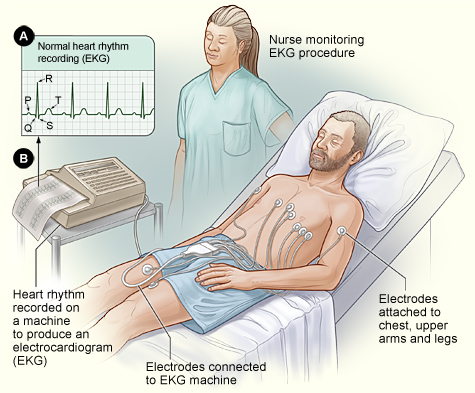
What is Electrocardiography? (EKG/ECG)
Have you ever had chest pains, maybe wondering if it was just anxiety or something more, possibly a heart failure or attack? A Electrocardiography Diagnostic test is the first in line for such an event, right after checking your blood pressure of course. In most hospitals, or if you are at your primary care Physician and complain of chest pains will order one immediately along with a particular enzyme blood test and a CBC (Complete Blood Count) to check for cardiovascular enzyme damage.
A EKG specialist, normally a RN (Registered Nurse) will enter the room, placing sticker-like electrodes across your trans-thoracic area of your chest. This gives a over time interpretation of damage or abnormalities of the heart. An ECG in particular will test the electrical activities that your heart and the polarization and depolarization of your cardiac tissue. Through blood impulses from iron and other natural metals that are inside your body, the specialist can then monitor the wavelengths of your tissues and their workings to develop an interpretation, determining the presence of any damage to the heart. Both work in similar ways, but in the end it is to save your life in a preliminary way in case of an actual heart attack in progress or up and coming.
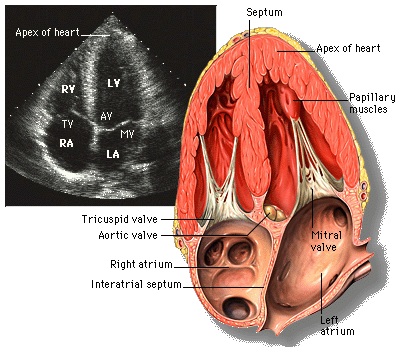
What is UltraSonography,
Ultrasonography, or a Ultrasound, is a diagnostic tool used to detect blood flow, tissue abnormalities, or if your pregnant this would be called "Obstetric sonography", This is a very important tool in detecting problems in almost any part of your body using sound waves that bounce off parts of tissue, and in a B-form mode can create a cross-sectional view of what could possibly be causing issues within your extremities or other body parts and blood flow. The Drawback to such a machine is it cannot or has a very hard time bouncing sound past any bone or hard structures that could be obstructing the softer tissue that is under diagnostic testing.
In Therapeutic medical use, high energy sound waves could be used to dislodge or dissolve gall stones or in more aggressive stages destroy tissue that could be damaged or cancerous by heating it up with sound-blasts. All in all, and with coordination with such other diagnostics as a Echo-Cardiography test, can determine if your heart valves are working in a correct function and order without abnormalities.
In Conclusion, and for your next Diagnostic.
To State very clearly, all of these are meant to give you a basic insight into just a few of the many tests offered by doctors to help increase your overall health. Whether you just wish to get a simple physical, or you feel as though something could be very wrong, these tests could be a step in the right direction. Remember some of these tests, and the next time you see your doctor, ask about them, in case you feel as though a symptom could be leading up to any of these diagnostic tools available. You know your body, and the doctors know what to look for, whichever the specialty may lay in, from orthopedic to hematology and oncology, you are in good hands.
Do you feel more knowledgeable in the tests listed above, and did this help?
Are you a fan of Science, of anything that is different? Check out some links below for more articles relating:
- The Sono-Pictorial Connection: A Study of Dolphin Communication
Dolphins, regarded as man's best friend in the marine world, have intrigued scientists the world over in their complex functions throughout the marine world. Their Sonar has another feature: Language - Genetic Memory: How is it found in biological perspectives?
Ancestral Recollection, Genetic memory that is the notion in which an individual displays unconscious instinct. What exactly is Ancestral Recollection, and how does it relate to our species or others - Wilhelm Wundt: The man who pioneered Psychology & Experimental Introspection
Have you ever wondered who actually began to pioneer the field of psychology, the man behind Introspection? Wilhelm Wundt was a psychologist, physician, and Author, a true trend-setter in Germany. - A Career as a Medical Technologist: A Behind the Scenes Look at Laboratory Professionals.
I started my career as a medical technologist almost 12 years ago now. When I was in college pursuing a major in biology, I had no idea what I was going to do with my degree. Lucky for me, my advisor mentioned the field of medical technology to me...

